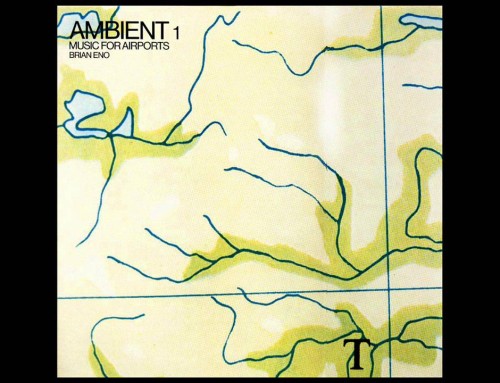While the Apocalypse – Blog
Visual Arts · Culture · Design · Fashion · Advertise · Comunity · Science · Technology
According to many historians, the English Enlightenment may never have happened were it not for coffeehouses, the public sphere where poets, critics, philosophers, legal minds, and other intellectual gadflies regularly met to chatter about the pressing concerns of the day. And yet, writes scholar Bonnie Calhoun, “it was not for the taste of coffee that people flocked to these establishments.”
Indeed, one irate pamphleteer defined coffee, which was at this time without cream or sugar and usually watered down, as “puddle-water, and so ugly in colour and taste [sic].”
No syrupy, high-dollar Macchiatos or smooth, creamy lattes kept them coming back. Rather than the beverage, “it was the nature of the institution that caused its popularity to skyrocket during the seventeenth and eighteenth centuries.”
Related Content:
“The Vertue of the COFFEE Drink”: An Ad for London’s First Cafe Printed Circa 1652
Philosophers Drinking Coffee: The Excessive Habits of Kant, Voltaire & Kierkegaard
How Humanity Got Hooked on Coffee: An Animated History
The Birth of Espresso: The Story Behind the Coffee Shots That Fuel Modern Life
Josh Jones is a writer and musician based in Durham, NC. Follow him at @jdmagness.“The Virtues of Coffee” Explained in 1690 Ad: The Cure for Lethargy, Scurvy, Dropsy, Gout & More
Open Culture Leer más





